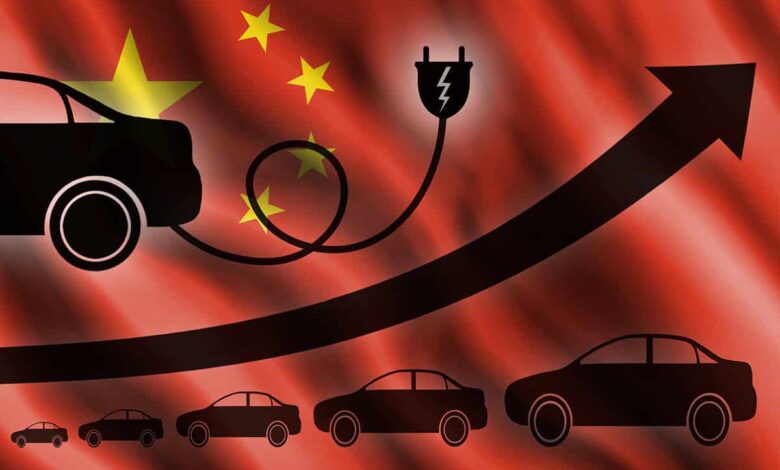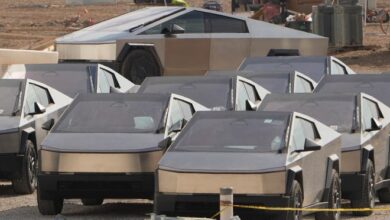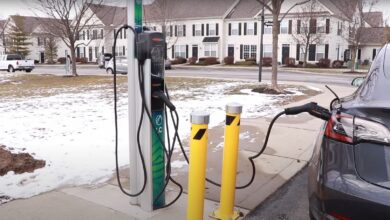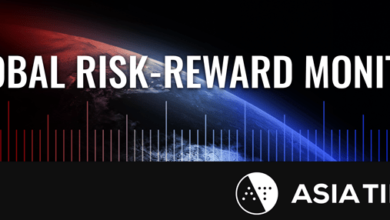EU Automakers Push Back On Chinese EV Imports

Two of Europe’s biggest carmakers are fighting hard to keep Chinese electric vehicle imports from getting a foothold on their turf.
Stellantis CEO Carlos Tavares is anxiously eyeing negotiations between the Italian government and Chinese auto manufacturer Dongfeng Motor; with Italian icons Fiat, Alfa Romeo and Maserati under its vast umbrella, Stellantis does not want Dongfeng building a plant in its playground. Qian Xie, Dongfeng’s chief in Europe, is in early talks with Prime Minister Giorgia Meloni to establish a plant with an annual capacity of 100,000 vehicles.
For the Italian government, the Chinese carmaker’s presence would mean jobs. For Tavares, it could mean loss of sales and market share to Dongfeng’s cheaper brands, Voyah, M-hero and Nammi.
Renault CEO Luca De Meo also sees the threat. In a 19-page letter to European leaders sent in March, De Meo emphasized the Chinese brands’ “rapid inroads into the EV segment.” They already claimed a 4% market share in Europe in 2022, and imports from China have increased fivefold since 2017.
Cheaper vehicle such as MG and BYD, followed by Tesla’s Model Y, produced in Shanghai, are becoming popular in Renault’s backyard. Not only is China cheaper, but the country controls 75% of battery production capacity and 50% of the mines extracting rare metals.
To counter these advantages, De Meo is pushing for an Airbus-style alliance of European automakers: a “European purchasing platform for critical materials” that would give them the heft to demand better prices. They could also develop common standards and even “share 70% of the technical content of cars, the part that consumers do not see,” De Meo argued in his plea for a “transnational approach.” Bolstering his case is the sheer size of the European auto industry, which employs 13 million people and is responsible for a foreign trade surplus of €102 billion. Still, the CEOs of Volkswagen and Mercedes Benz have not voiced their support. Rather, they are focused on protecting their own strong businesses in China



